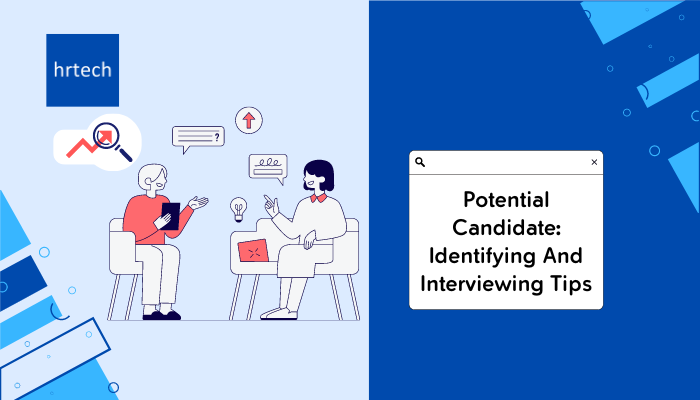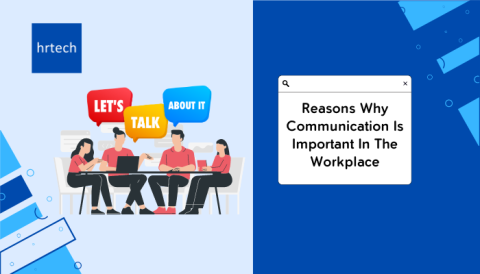It’s not enough to just post a job listing and hope for the best. To build a team of top performers, you must actively identify potential candidates.
But who are the potential candidates? How do you find them? More importantly, how do you determine if they are the right fit during the interview process? Keep reading till the end to learn more.
What Is The Meaning Of A Potential Candidate?
A potential candidate is someone who is being considered for a job opening. They have the qualifications, experience, and skills that align with what the company seeks in a new hire.
In HR, a potential candidate is an individual who has caught the attention of the hiring team. They may have applied for the position directly or been referred by someone else.
The company believes that based on their background, they could be a good match for the role and is interested in evaluating them further.
Potential Candidate vs. Candidate vs. High Potential Candidate
While these terms are related, there are some important distinctions:
A potential candidate is someone who is on the company’s shortlist for a position. They are being actively considered but have not necessarily gone through the full interview process yet. A candidate, in contrast, is someone who has formally applied and is at some stage of the interview or hiring process. They are being assessed to determine if they are the right fit for the job.
A high potential candidate or top candidate is someone who stands out from the rest of the applicant pool.
They have an impressive track record and skill set that suggests they could make a significant impact in the role. The company is particularly interested in these candidates and may prioritize them in the hiring process.
How To Identify A Potential Candidate?
Here are the top 4 tips to identify and find potential candidate for your organization:
- Carefully review resumes and applications to find people with the right mix of skills and experience. Look for candidates who have consistently taken new challenges and responsibilities in their previous roles. Check for a proven track record of results they achieved in their previous roles. Look for leadership potential.
- Consider candidates who may not be an exact match but have transferable skills and strong potential. Transferable skills are abilities that can be applied across different roles or industries. For instance, if someone in the tourism industry has great communication skills, they can use that same skill in a sales related role as well.
- Reach out to top performers at other companies to see if they would be interested in new opportunities. Use social media platforms to connect with the potential candidates. When reaching out, personalize your message and explain why you think they’d be a great fit for your organization. Share more details about the role, what makes your company unique, and invite them for further conversation.
- Attend job fairs and industry events to connect with professionals who could be a good fit. Start conversations with the attendees and ask about their background and career goals. If someone stands out, gather relevant contact details and follow up with them afterward.
Once you’ve identified a potential candidate, the next step is to engage with them.
Invite them to have an introductory conversation to learn more about their background and career goals. If there seems to be a match, move them forward in the interview process to assess them in greater depth.
Want to boost your HR skills? At hrtech, we provide different courses and certification programs that’ll help you enhance your HR skill sets by gaining learning about the latest industry knowledge and best practices. Explore now!
Interviewing Potential Candidates: Best Practices And Tips
Here are the 8 best practices and tips that’ll help you properly conduct interviews with potential candidates:
1. Review Resumes Thoroughly
Before the interview, take the time to carefully review the candidate’s resume.
Look for key qualifications, relevant experience, and any potential concerns. This will help you come up with targeted questions and get a better sense of who they are.
For example, if you see they have experience with a specific software program that’s important for the role, make a note to ask them about their proficiency level and how they’ve used it in past projects.
Or if you notice a gap in their employment history, plan to inquire about what they were doing during that time and why they left their previous position.
2. Prepare A List Of Questions To Ask
Having a prepared list of questions ensures you cover all the important topics and stay on track. Include a mix of general questions about their background and more specific ones related to the job.
Some examples:
- Tell me about a time you had to handle a difficult customer. How did you approach the situation and what was the outcome?
- What do you consider to be your biggest strengths and weaknesses? Give me an example of how these have played out in a work setting.
- Why are you interested in this particular role and company? What research have you done to learn more about us?
It’s also a good idea to have some follow-up questions ready based on their initial responses. This shows you’re actively listening and allows you to dig deeper into their experiences and thought processes.
3. Use Behavioral Interview Techniques
Behavioral interviewing focuses on how a candidate has handled real situations in the past. The idea is that past behavior is the best predictor of future performance.
Ask for specific examples of times they faced challenges, made mistakes, or achieved success.
For instance:
- Describe a project that required you to manage multiple competing priorities. How did you handle it and what was the result?
- Tell me about a goal you set for yourself and how you went about achieving it.
- Give me an example of a time you had to adapt to a change in your work environment or processes. How did you manage the transition?
Listen carefully to their responses and ask follow-up questions to get a complete picture.
Do they take responsibility for their actions or place blame on others? Can they clearly articulate the situation, their role, and the outcome? The more details they can provide, the more insight you’ll have into their problem-solving skills, work style, and character.
4. Conduct Multiple Rounds Of Interviews
One interview often isn’t enough to fully evaluate a candidate especially for high-value important job roles.
Consider having them meet with multiple team members, including potential colleagues and managers. This gives you a more well-rounded view and helps ensure they’re a good fit for the company culture.
- For example, you could start with an initial phone screen to cover basic qualifications and logistical questions.
- Then invite promising candidates for an in-person interview with the hiring manager to learn about their experience and skills.
- Finally, top candidates could come back to meet with potential teammates, participate in a group activity or give a presentation.
Each round serves a different purpose and reveals new aspects of the candidate. Involving multiple perspectives also reduces the risk of bias and helps create acceptance for the final hiring decision.
5. Give Them A Chance To Ask Questions
Always leave time for the candidate to ask their own questions. What they ask can be crucial – it shows what’s important to them and how much they’ve researched your company. It also allows them to determine if the role and company are a good match for their own goals and needs.
Pay attention to the types of questions they ask.
Are they focused solely on compensation and benefits or do they inquire about growth opportunities, company culture, and the team’s working style?
The best candidates will have thoughtful questions that demonstrate their interest in the role and desire to contribute to the company’s success.
Additionally, how you answer their questions matters. Be honest and transparent, even if that means acknowledging challenges or areas for improvement. This builds trust and helps ensure expectations are aligned from the start.
6. Take Notes During The Interviewing Process
It’s important to take detailed notes during the interview.
Jot down key points, your impressions, and any concerns. This will be helpful when comparing candidates later and making a final decision. Include specific examples and quotes from the candidate’s responses.
Note any nonverbal cues as well, such as body language or tone of voice. These can provide added context and insight into their communication style and emotional intelligence.
Be sure to write both strengths and potential weaknesses. No candidate will be perfect, so it’s important to weigh the full picture when making your assessment. Aim to type up your notes as soon as possible after the interview while the details are still fresh in your mind.
Sharing these with other interviewers can also help ensure everyone is on the same page and has a common reference point for discussions.
7. Evaluate Soft Skills
While hard skills and experience are important, don’t overlook soft skills.
Communication, teamwork, adaptability, and a positive attitude are all critical for success in most roles.
Assess these through the candidate’s responses and overall behavior.
- Do they listen actively and express themselves clearly?
- Are they able to think on their feet and stay composed under pressure?
- Do they seem genuinely enthusiastic about the opportunity and aligned with your company’s mission and values?
One way to evaluate soft skills is through role-play or situational questions. For example, you could describe a common scenario they would face in the job and ask how they would handle it. Or give them a problem to solve in real-time and observe their thought process and approach.
Soft skills can be harder to teach than technical ones, so it’s important to prioritize them in your hiring decisions.
Also, remember that emotional intelligence is a strong predictor of job performance, so look for candidates who demonstrate high levels of self-awareness, empathy, and social skills.
8. Consider Conducting An Assessment For Skill Test
For some positions, it may be appropriate to give a skills test or assignment.
This could be a coding challenge for a developer, or a test sales call for a sales representative. It allows you to see their abilities in action.
The key is to make the test relevant to the actual work they would be doing and provide clear instructions and expectations. Give them a reasonable timeframe to complete it and be available to answer any questions they may have.
When evaluating their work, consider not just the end result but also their process and approach.
- Did they ask clarifying questions upfront?
- Did they manage their time effectively?
- Did they seek feedback or incorporate suggested changes?
A skills test can be especially useful when you have multiple qualified candidates and need an additional data point to differentiate them. It can also give the candidate a more realistic preview of the job and help them self-select out if they realize it’s not a good fit.
So, by following these tips and best practices, you’ll be able to identify the top potential candidates and make strong hiring decisions.
Conclusion
Identifying and interviewing potential candidates is crucial for building a strong team. In this guide, we covered in detail about potential candidates, how to identify them and some best practices for interviewing them.
So, now you can easily find potential candidates – the skilled professionals who may not be actively looking for a job like normal candidates, but could be a great fit for your company.
At hrtech we understand how important it is to have the right tools in place to identify and interview the top talents. Check out our hrtech’s marketplace to explore a wide collection of top HR tools that’ll help you at every stage of the hiring process.







